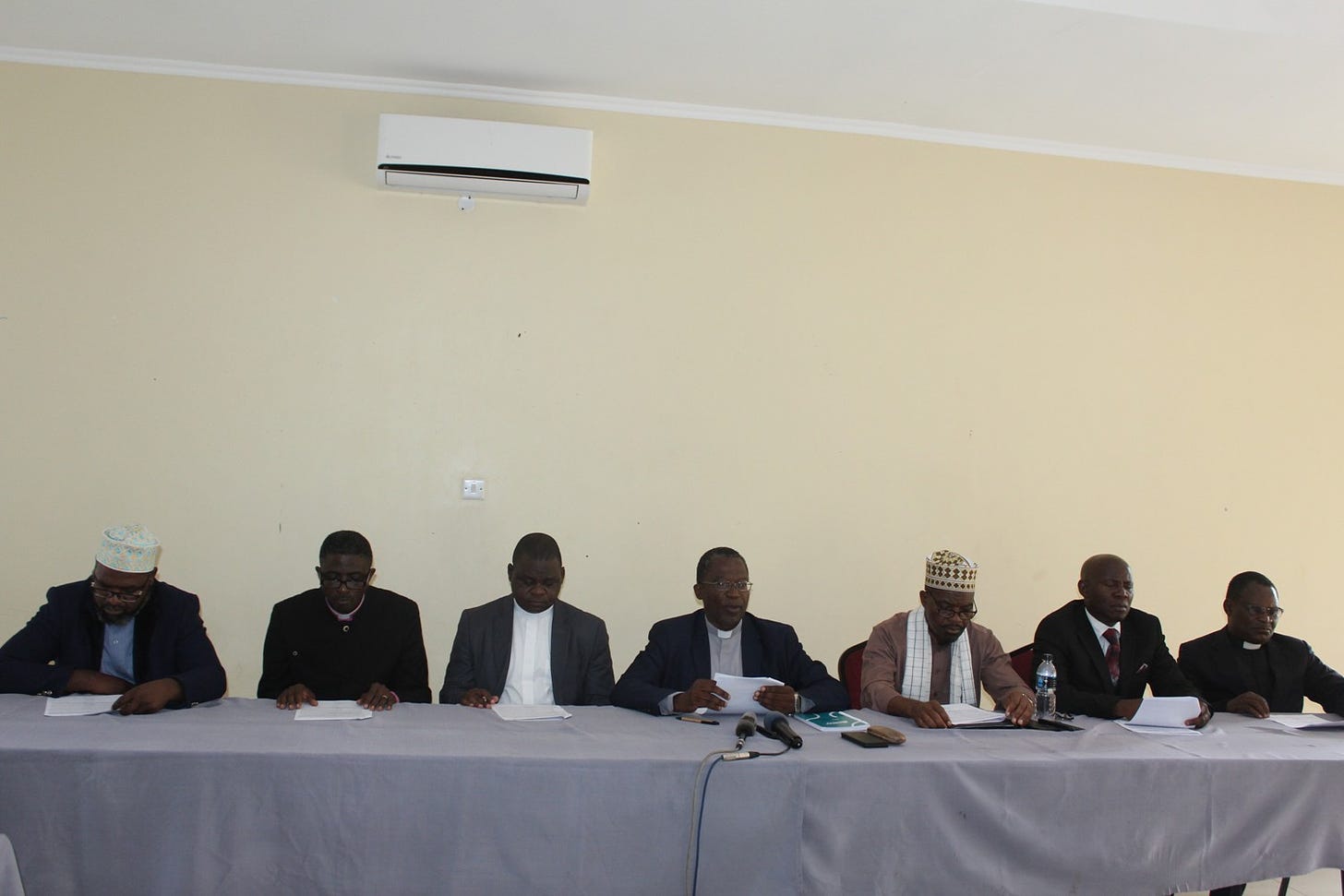EAM urges religious leaders in Malawi to encourage congregants to seek medical help
The Evangelical Association of Malawi (EAM) has advised religious leaders in the country to stop discouraging their congregants from seeking medical help when they are sick.

Malawi: The Evangelical Association of Malawi (EAM) has advised religious leaders in the country to stop discouraging their congregants from seeking medical help when they are sick, writes Moses Nyirenda.
This announcement was made by EAM's General Secretary, Reverend Francis Mkandawire Tuesday at Mponela in Dowa, during a Malawi faith leaders' declaration of commitment to promoting COVID-19 vaccination, which was facilitated by EAM with support from KFW through the ACT Alliance.
Mkandawire expressed concern about the behaviour of some religious leaders who discourage their followers from seeking medical attention, potentially putting their lives at risk.
"We are aware of a concern that there are some religious leaders who discourage their congregants from accessing medical services when they are ill," said Mkandawire.
"Even when it comes to accessing ARVs, you would hear some religious leader telling their followers that now that we have prayed for you, you are healed, do not use your medication any longer, which is putting the lives of the congregants at risk."
Mkandawire encouraged religious leaders to take a leading role in encouraging their followers to seek medical assistance when they are ill.
"As religious leaders, we are there to promote life and that must be a key principle," he said.
"Let's promote life and religious leaders that come up and discourage people from accessing health services, whether based on religious reasons or whatever, that is not promoting life and that must be discouraged. Religious leaders, we must make sure that we help people access health services, if you pray for people also encourage them to go to the hospital."
The Qadria Muslim Association of Malawi (QMAM) representative, Sheikh Jaafar Kawinga, also encouraged faith leaders in the country to be advocates for disease prevention and treatment, such as polio and cholera, as this has been effective in bringing about positive change in communities.
In the declaration of commitment to promoting COVID-19 vaccination, the country's religious leaders re-committed to supporting COVID-19 vaccination among their followers and the public at large.


